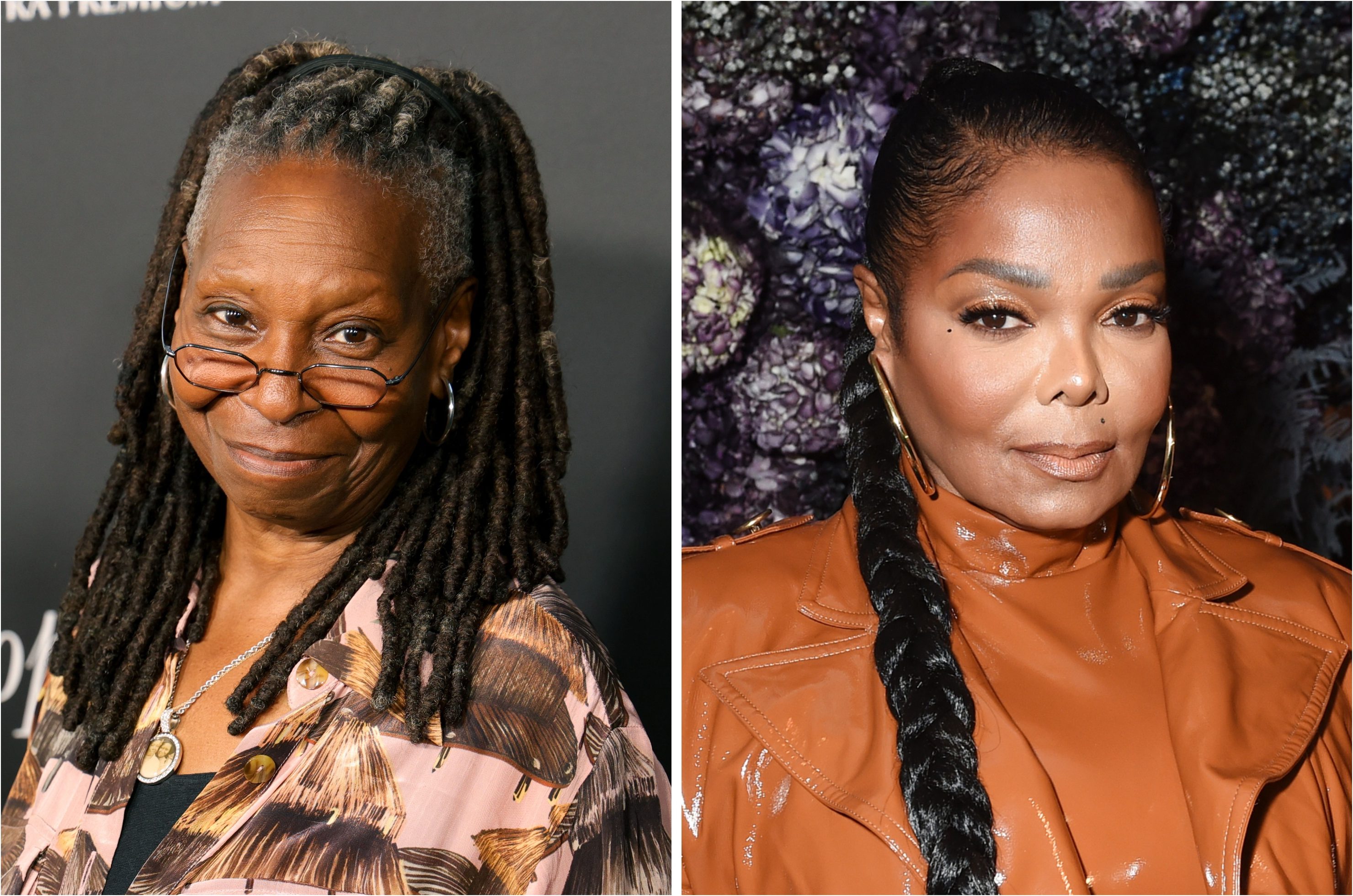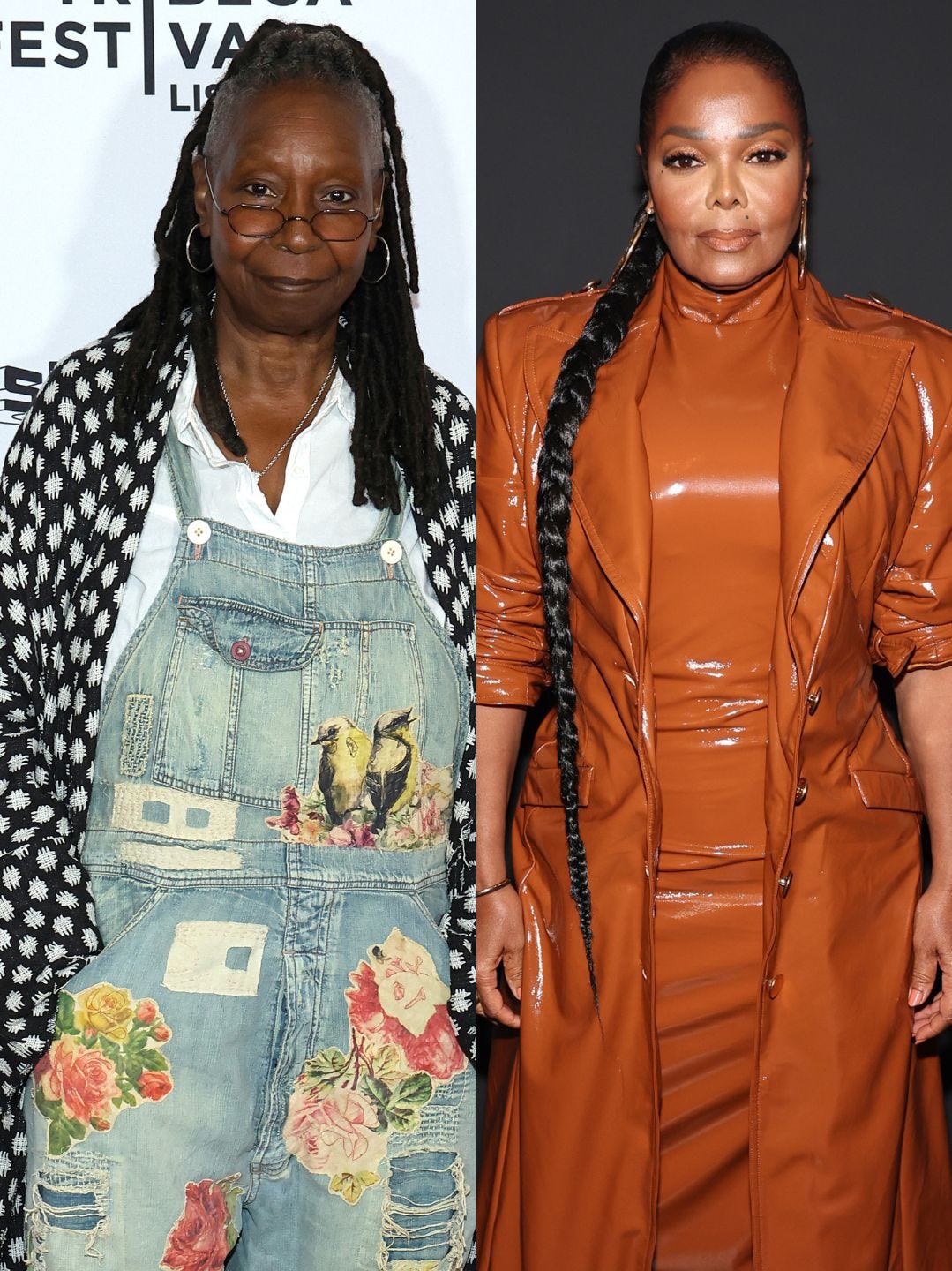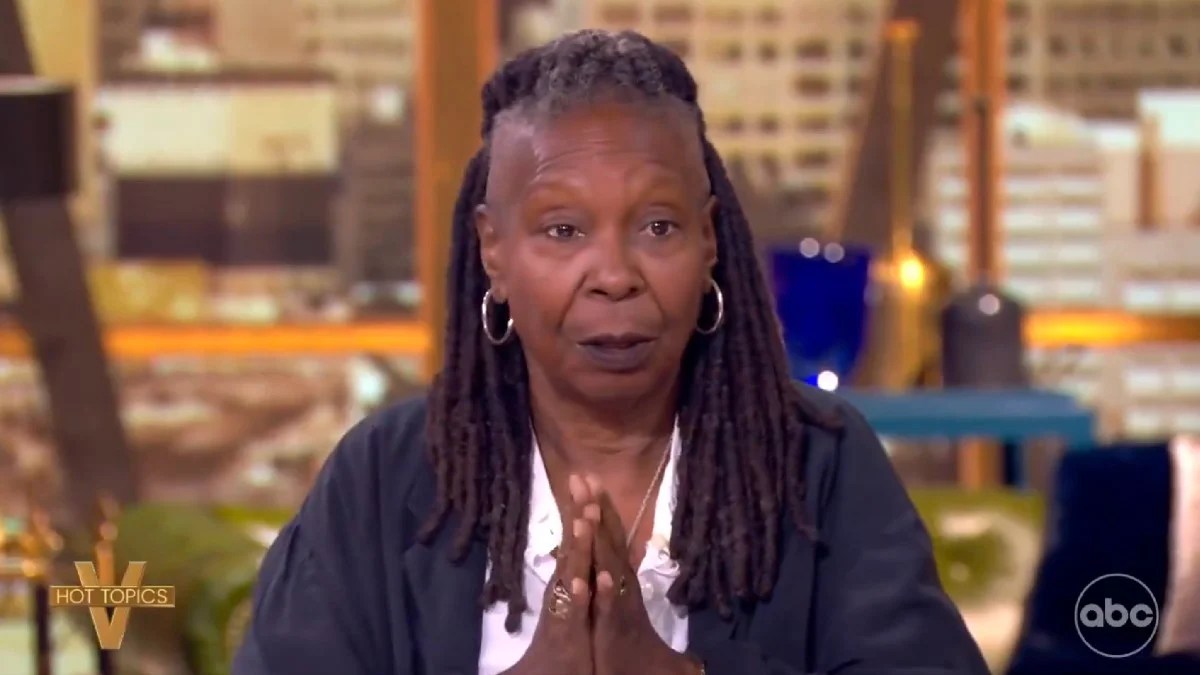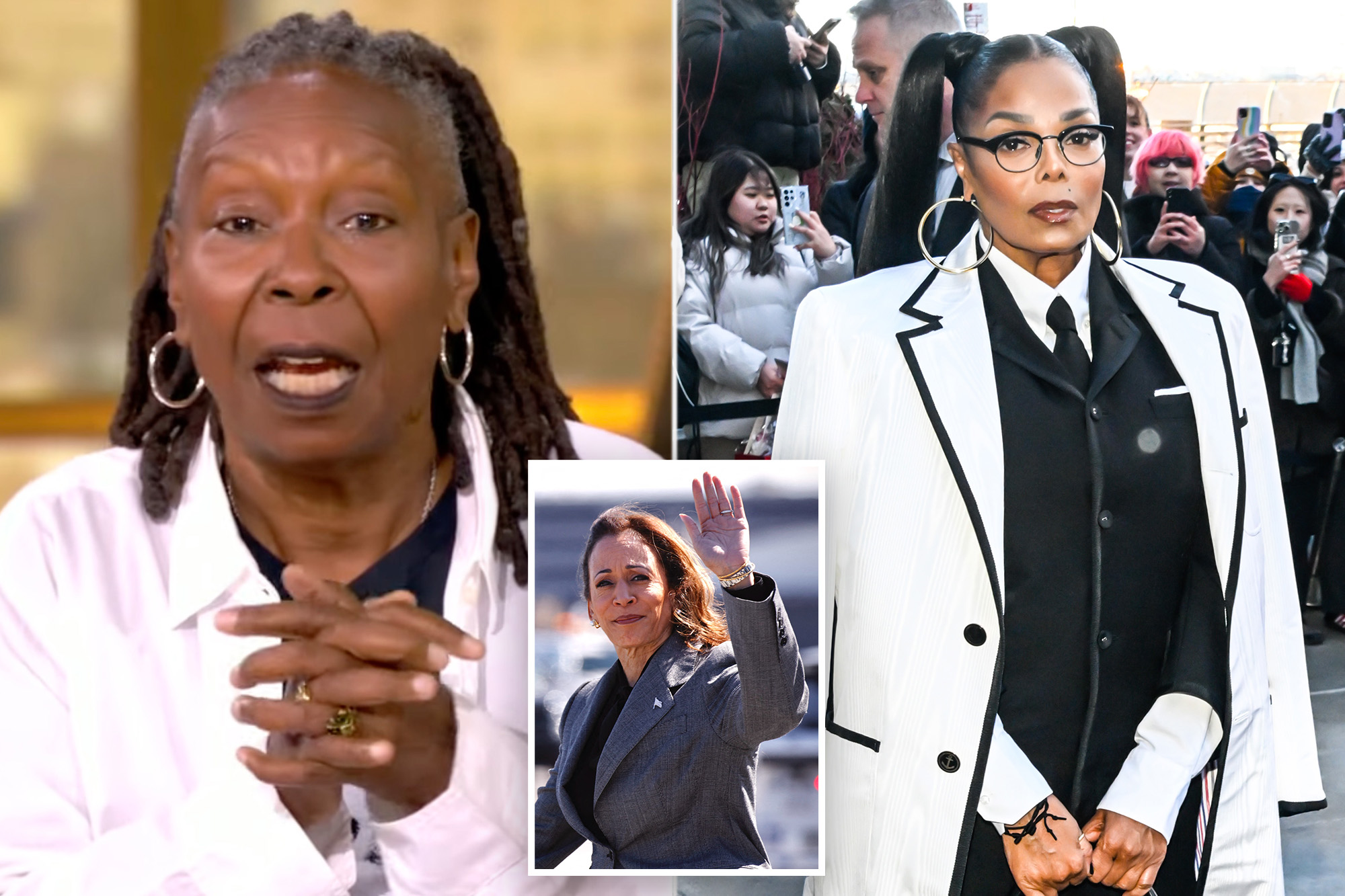Whoopi Goldberg Asks for ‘A Little Grace’ for Janet Jackson After Kamala Harris Comments
In a recent controversy that has captured the public’s attention, acclaimed actress and broadcaster Whoopi Goldberg came forward to defend Janet Jackson after significant backlash related to Jackson’s remarks about Vice President Kamala Harris’s racial identity. The debate began when Jackson expressed skepticism over Harris’s standing as a Black woman during an interview, igniting a wave of online criticism and dialogue.
Whoopi Goldberg’s Call for Understanding
Goldberg, during her segment on “The View,” emphasized the need for empathy in situations like these. She implored the public to extend “a little grace” towards Jackson, underlining the reality that even celebrated figures can misstep. Goldberg’s comments came after Jackson faced intense scrutiny from various media outlets and social media users, who perceived her remarks as ignorant or harmful.
Goldberg’s advocacy for Jackson can be seen as an acknowledgment of the complexities surrounding race and identity in America. By urging the audience to reflect on the situation, Goldberg reminds us that everyone is capable of making errors in judgment, and it is crucial to foster a forgiving environment rather than a culture of immediate condemnation.
The Response from Ana Navarro
However, not all voices in the discourse echoed Goldberg’s sentiment. Ana Navarro, Goldberg’s co-host, was quick to challenge Jackson’s statements. She criticized Jackson for what she termed “disseminating misinformation,” emphasizing the accountability that comes with being a public figure. Navarro connected Jackson’s comments to a broader pattern of misinformation seen in political discourse, drawing parallels to controversial statements made by former President Donald Trump.
Navarro articulated that such comments could have far-reaching effects, particularly when they come from influential celebrities. She expressed concern about the impressionable audiences that listen to these figures, pointing out that erroneous statements about race can perpetuate harmful stereotypes and misunderstandings.
The Fallout and Complications
In the aftermath of the backlash directed towards Jackson, an unauthorized statement was issued by a social media user named Mo Elmasri, claiming to speak on Jackson’s behalf. Elmasri’s apology suggested that Jackson’s remarks were based on misunderstandings. However, Jackson’s team quickly clarified that Elmasri was not authorized to represent Jackson, raising questions regarding how the incident was being handled within Jackson’s management.
The situation accentuates the ever-present intersection of celebrity culture, race, and political discourse. Celebrities often find themselves under intense scrutiny, and the public response to Jackson’s comments underscores how the dialogue surrounding identity is still charged and sensitive. It indicates that there is a pressing need for nuanced conversations about race and representation, particularly among influential figures.
Understanding through Grace and Forgiveness
The dialogue initiated by Jackson’s remarks and the subsequent reactions from Goldberg and Navarro serves as a reminder of the delicate balance between accountability and grace. While it is crucial to hold public figures accountable for their words, it is equally important to understand the human capacity for error and growth. Goldberg’s call for patience and understanding resonates particularly during these polarized times, where any misstep can lead to immediate and severe repercussions.
As the conversation surrounding race and identity continues to evolve, it becomes ever more vital for society to engage in meaningful discussions that extend beyond quick judgments and backlash. It is through this understanding and grace that we can foster a more inclusive and considerate dialogue among individuals from varying backgrounds.
In conclusion, navigating the complexities of celebrity commentary on race and identity requires a dual approach: accountability and compassion. The responses from Whoopi Goldberg and Ana Navarro illustrate the varied perspectives on this issue, which ultimately highlights the importance of open discourse. For those eager to delve into these discussions further, consider exploring platforms that promote dialogue around race and identity, enhancing understanding across communities.





